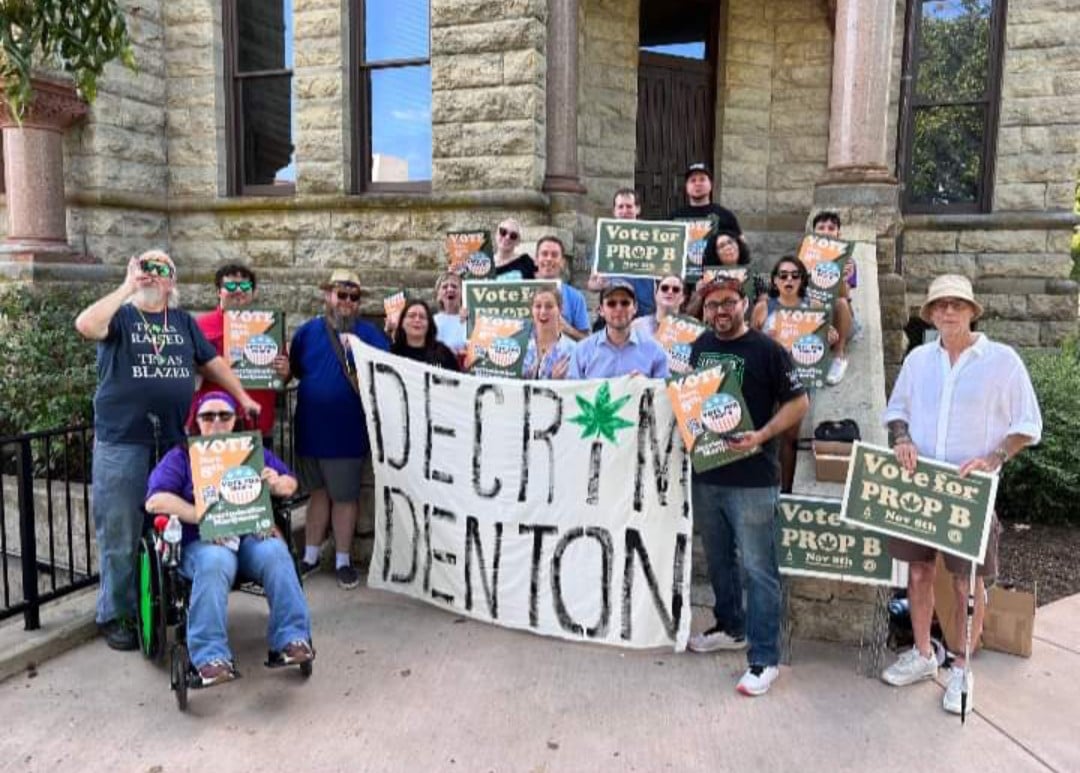
Local Initiatives for Cannabis Inspire Voter Turnout, Direct Democracy at Its Messiest
In some cities, enforcement of cannabis laws is way down. In others, a backlash has seen increased arrests.
Since 1954

In some cities, enforcement of cannabis laws is way down. In others, a backlash has seen increased arrests.
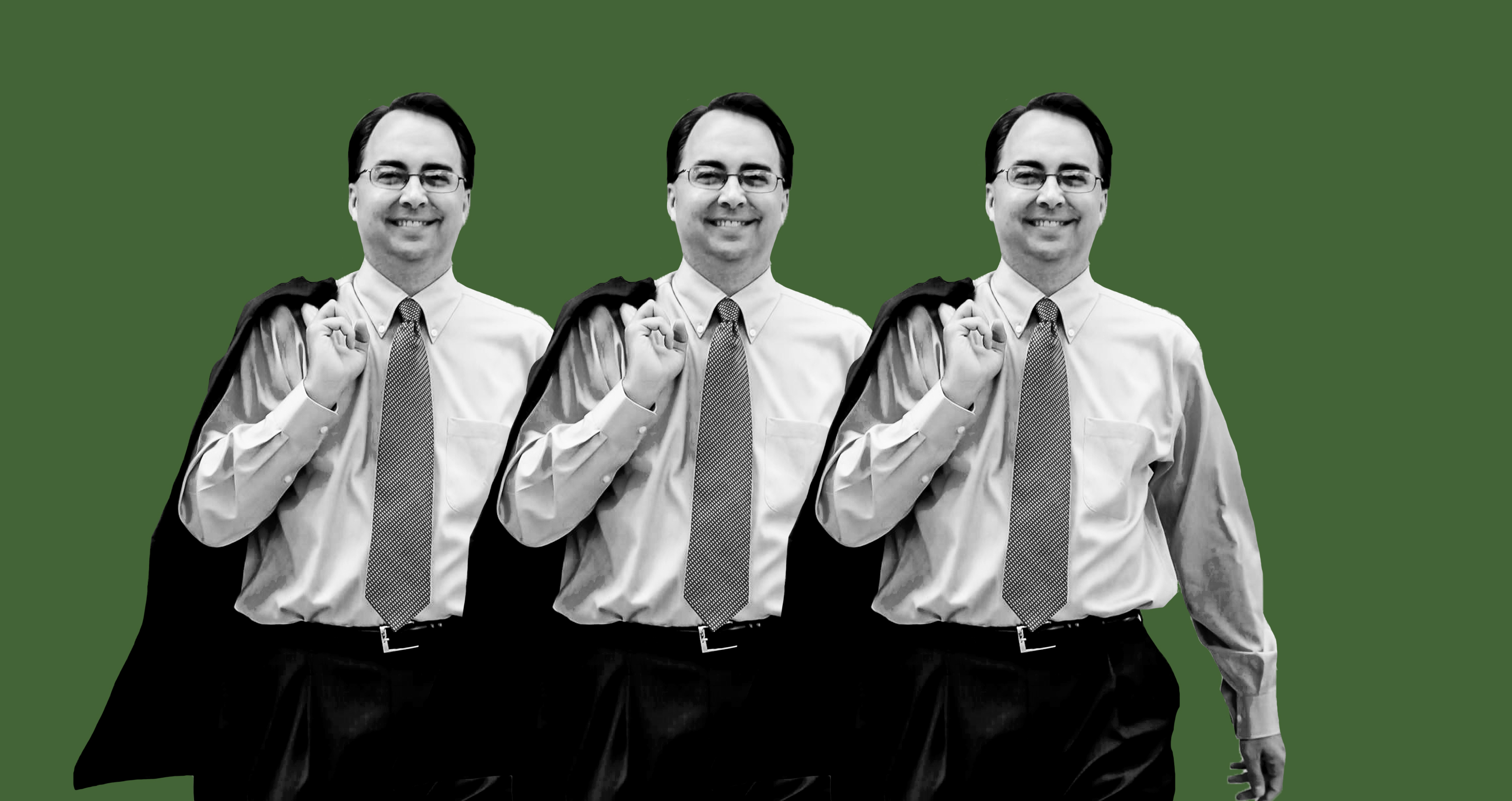
Opinion: A new law legalizing hemp prompted prosecutors across the state to drop some low-level marijuana cases. But the district attorney in Hays County won’t be deterred.
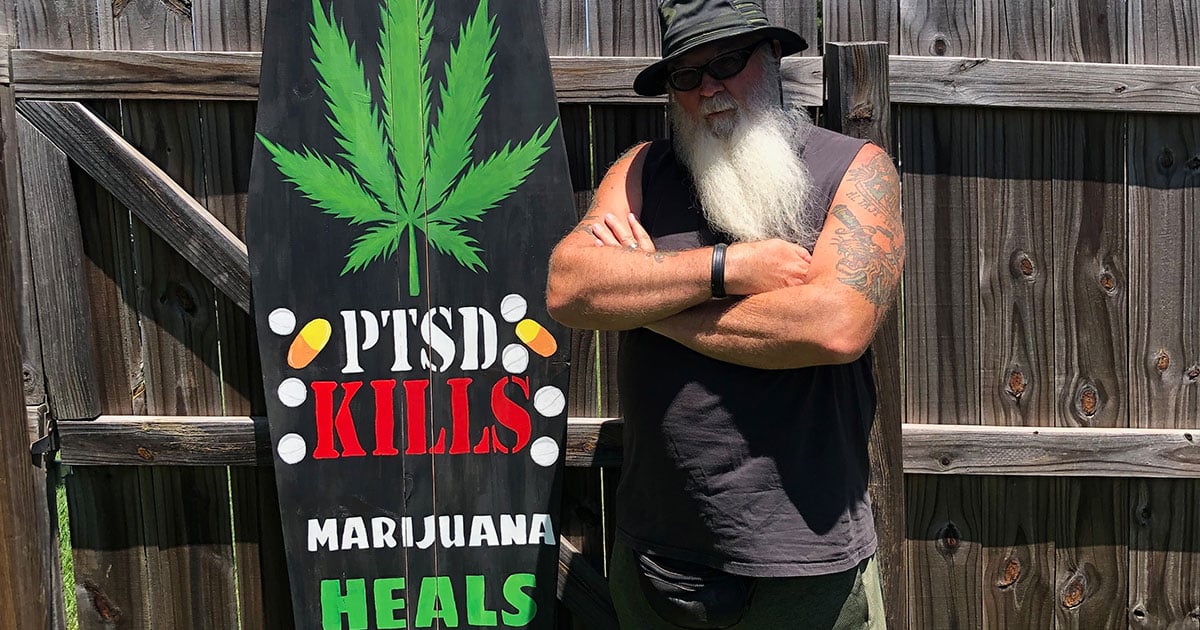
The Legislature recently passed medical cannabis reform, but the debate was marred by misinformation and left out people who say the drug eases their symptoms of post-traumatic stress disorder.
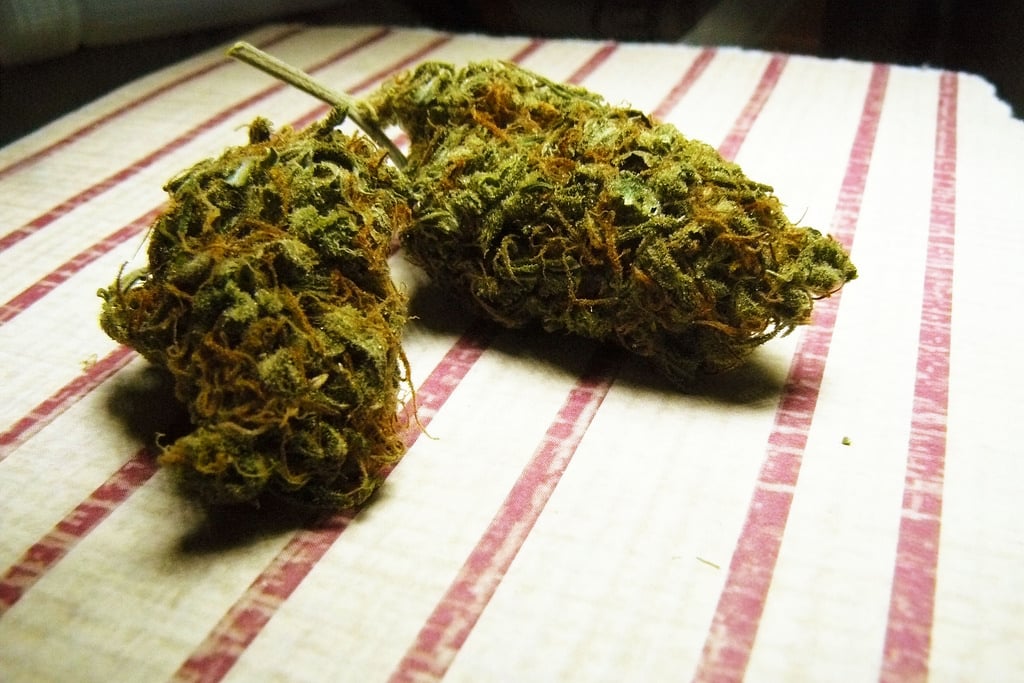
Despite approval in the House, a powerful Senate Democrat, Lieutenant Governor Dan Patrick and Governor Greg Abbott could still stand in the way of the proposal becoming law.

The policies announced Thursday range from refusing to prosecute certain drug cases to reforming probation and changing how the office handles crimes related to poverty and homelessness.
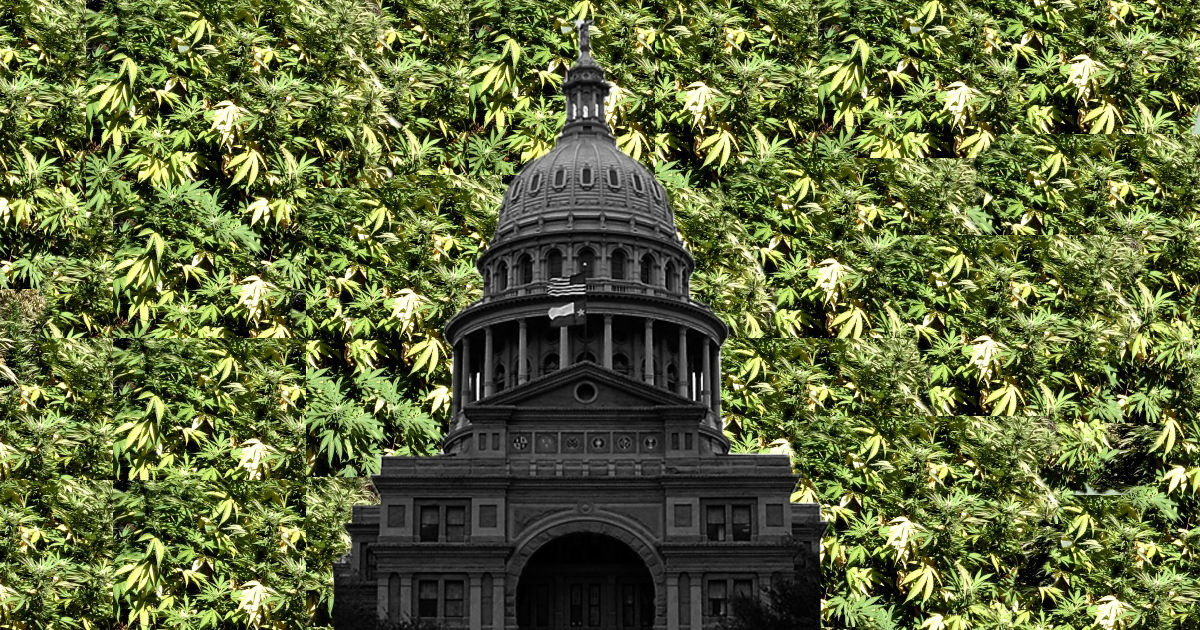
The first marijuana reform bill heard in committee this session would downgrade possession of an ounce to a civil offense and a fine up to $250.
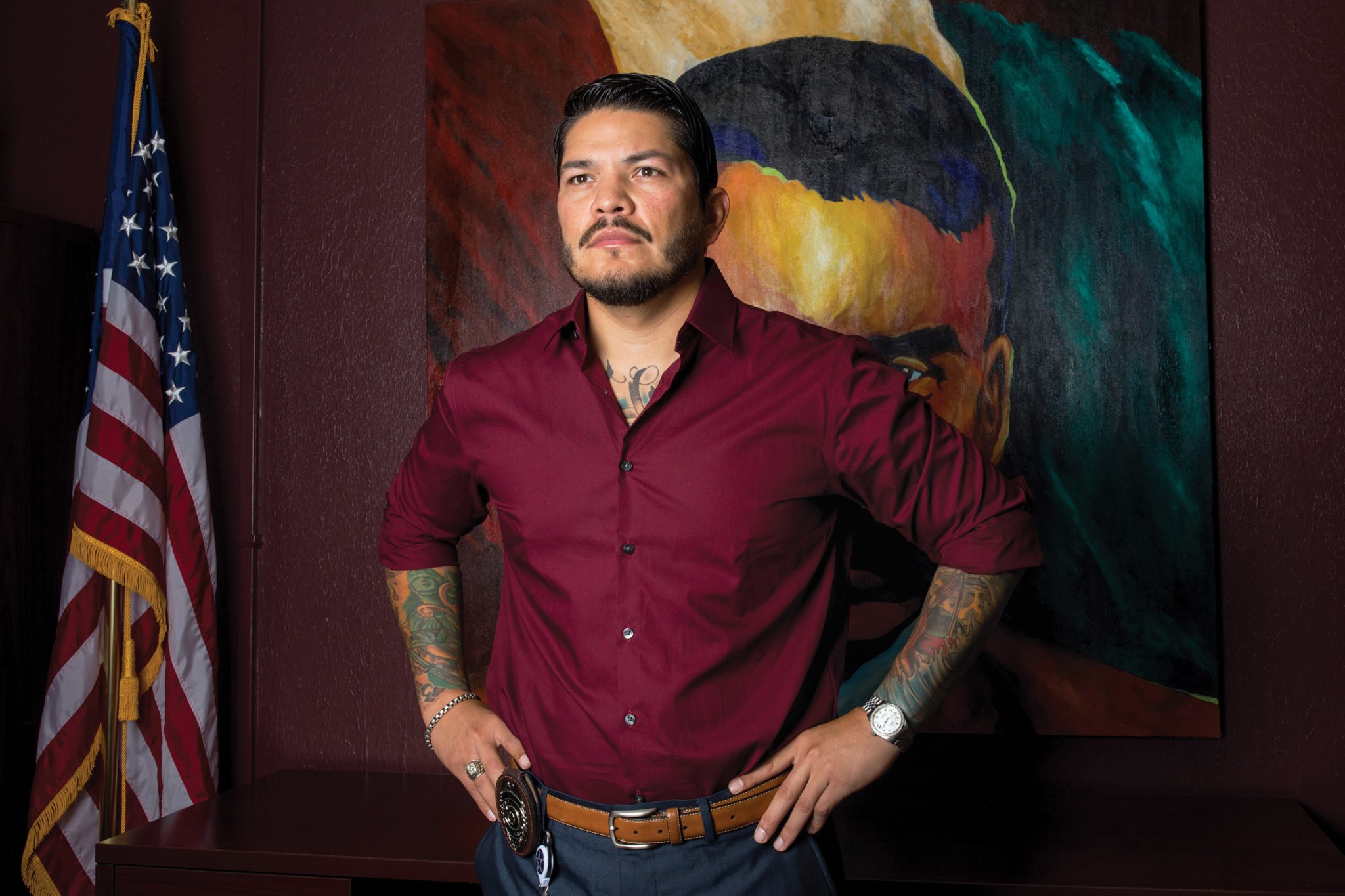
Mark Gonzalez wants a jury to help him decide whether Nueces County should keep sending people to death row.

Activists say Abbott’s moderated stance is “huge,” but his call for reform still lags behind Texas Republicans and the general public.
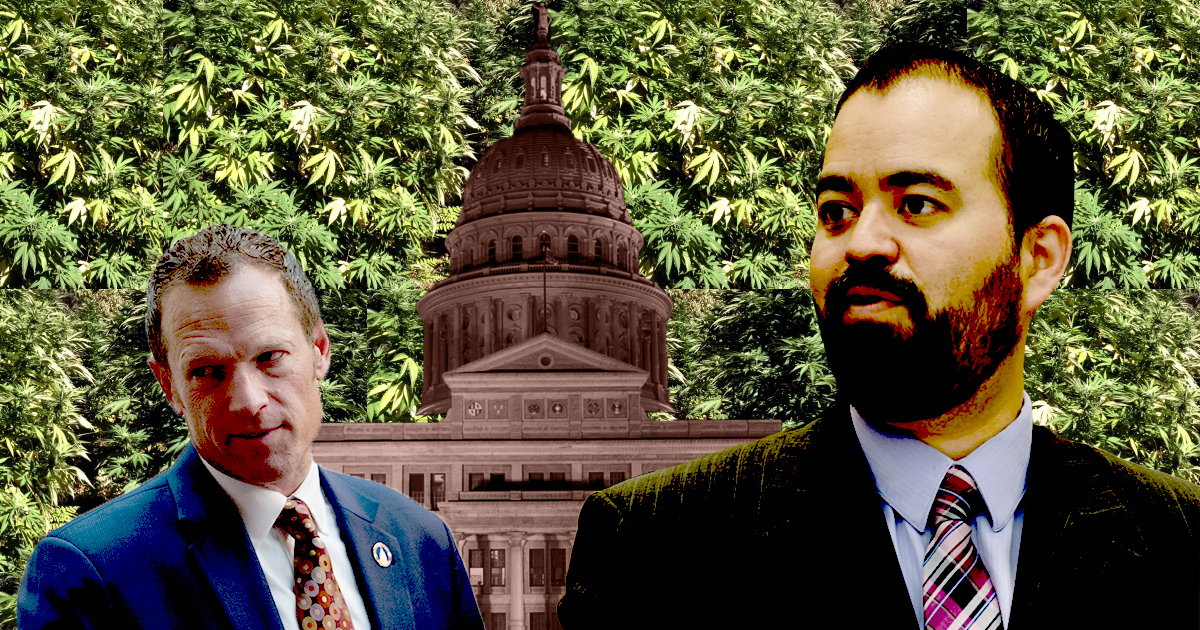
Activists are mapping a path to end arrests for possession and broaden the state's medical marijuana program ahead of the next legislative session.
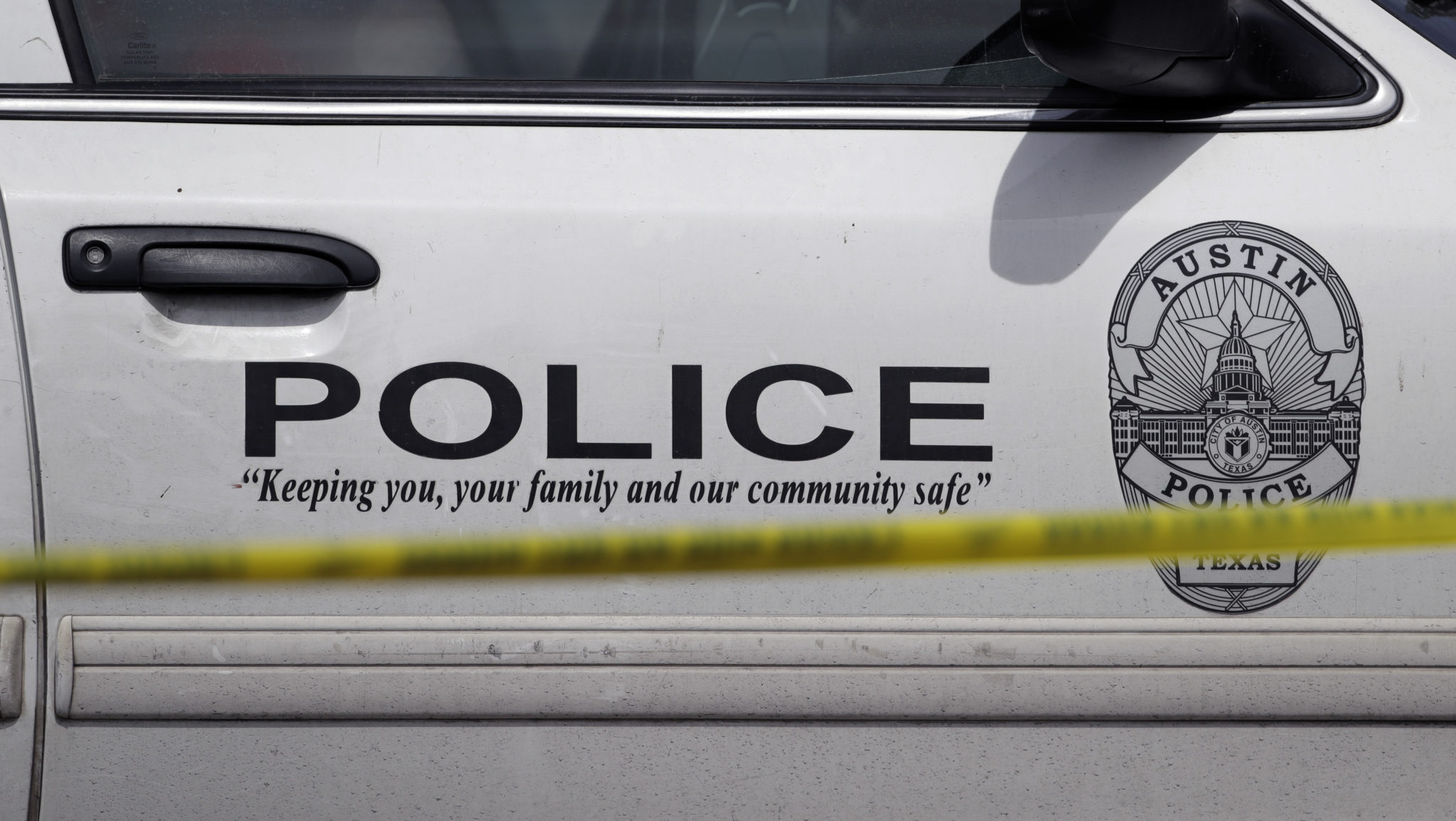
Austin Police Department officers used their discretion to arrest black defendants at a rate more than double that of either whites or Latinos last year.